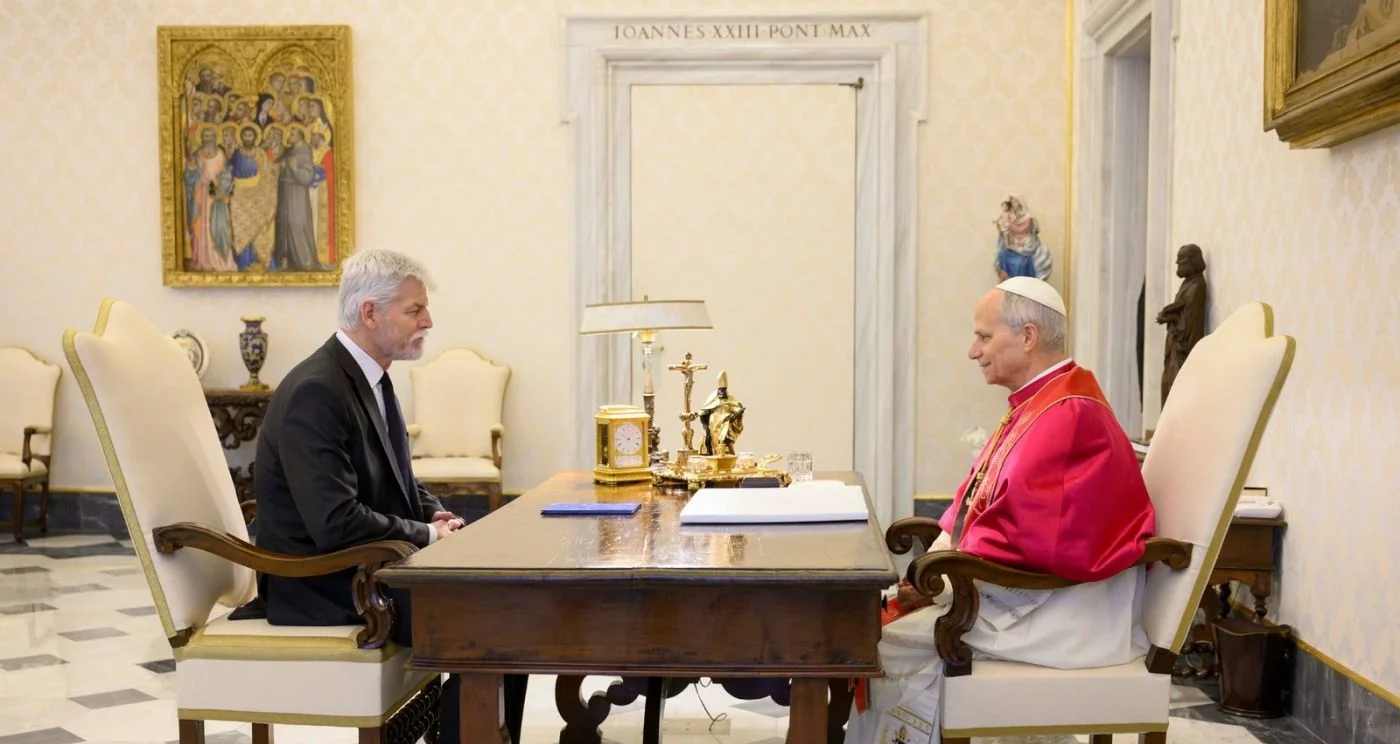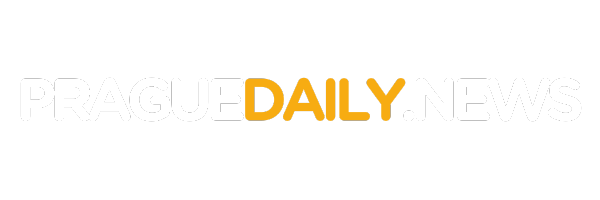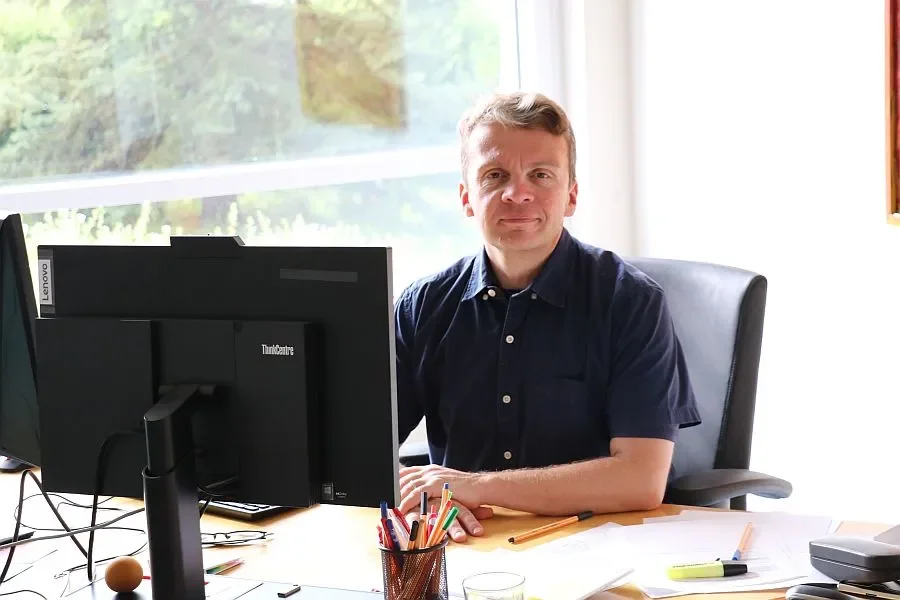
35 Years of Deutsche Schule Prag: An Interview with Acting Director Ingo Steinweg-Whiteley
The DSP is getting bigger, more modern, and even more international
Foto: Ingo Steinweg-Whiteley | Deutsche Schule Prag
Ingo Steinweg-Whiteley is in his seventh year as a teacher at the German School Prague (DSP) and has been its acting director since the beginning of the current school year. In an interview with Prague Daily News, he explains why the DSP is still innovative even in its 35th anniversary year.
What do you associate with the 35th anniversary of the founding of the DSP?
I associate it with many exciting developments since the 1990s. In 1992, the Maastricht Treaty laid the foundations for the European Union. At that time, Germany established encounter schools in Central Europe to facilitate a meeting of cultures. That was a very welcome political move that brought a great deal. Today, of course, these schools are focusing on completely different topics, so the character of the encounter schools has also changed. Exchanges between the countries are now part of everyday life, so we are now working on sustainable cooperation.
What milestones has the school achieved in recent years?
In recent years, we have developed many ideas to modernise the school. With the construction of a new building for our nursery and primary school, we are now creating space for the implementation of modern teaching methods. In this way, we are supporting the development of pupils’ individual strengths from kindergarten age. At the same time, we are able to break down the traditional division into language sections and make the encounter even more consistent. In this way, we are becoming even more international while remaining fit for the future.
What traditions can the DSP be particularly proud of?
Over the last 35 years, we have managed to harmonise the Czech and German school systems. Both systems have strengths, and our pupils benefit from this. I am particularly convinced of the accessibility of German school education, which prepares students very well for university. This benefits our pupils, who are very performance-oriented and high-achieving. Thanks to the simultaneous support from the Czech Republic and Germany, we can also make this education financially accessible for parents as a public school.
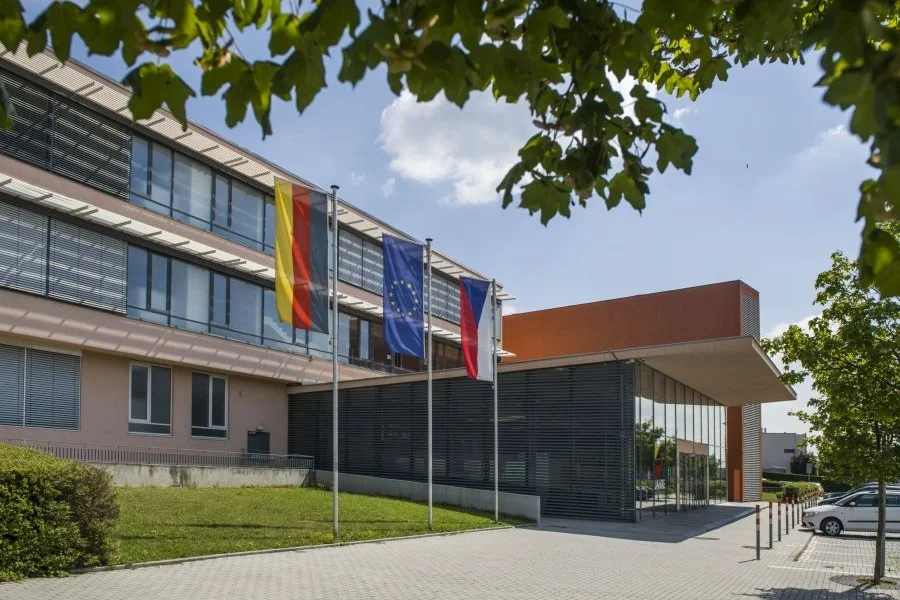
How do you stay modern as a school after 35 years?
You look at what research says about modern teaching and take up ideas that young colleagues bring with them. Promoting school development is possible at German schools abroad because there is close cooperation between the teaching staff, the management, and the school authorities. We exchange ideas in various committees and quickly implement the best ideas. Of course, this requires persuasion if you are particularly enthusiastic about an idea. But then it also goes faster if everyone is behind it. That way, we can drive things forward together and make adjustments if necessary.
So working at an established school is not just routine?
By no means. Even if the school has been established for a long time and the education system has a certain tradition, the will and opportunities for change are very strong here. There are actually new projects every school year, as teacher training is also constantly evolving. New colleagues always bring a breath of fresh air. That’s why certain things are anything but routine, because there is so much movement. In other areas, of course, we have tried-and-tested work processes that are necessary for the school system to function well. It’s both.
What changes is the DSP currently facing?
We are in the middle of remodelling and renovating. This means that a lot will happen here over the next few years. The beautiful building that we already have is now being extensively and comprehensively modernised. This will give us many new opportunities, for example for interdisciplinary teaching. The division into language sections will be abolished, the primary school will have two classes, and our pupils will receive individualised support tailored to their language level. This is an exciting path that will open up opportunities for even more families here in Prague and the surrounding area to enrol children without any knowledge of German at our school. It’s also part of the community character. The DSP is getting bigger, more modern, and more international.
The German School Prague has been in existence since 1990 and is a recognised German school abroad, supported by both the Federal Republic of Germany and the Ministry of Education, Youth and Sport of the Czech Republic.
Deutsche Schule Prag
Schwarzenberská 700/1, Prag 5
Website | Facebook | Instagram
More from Politics & Education
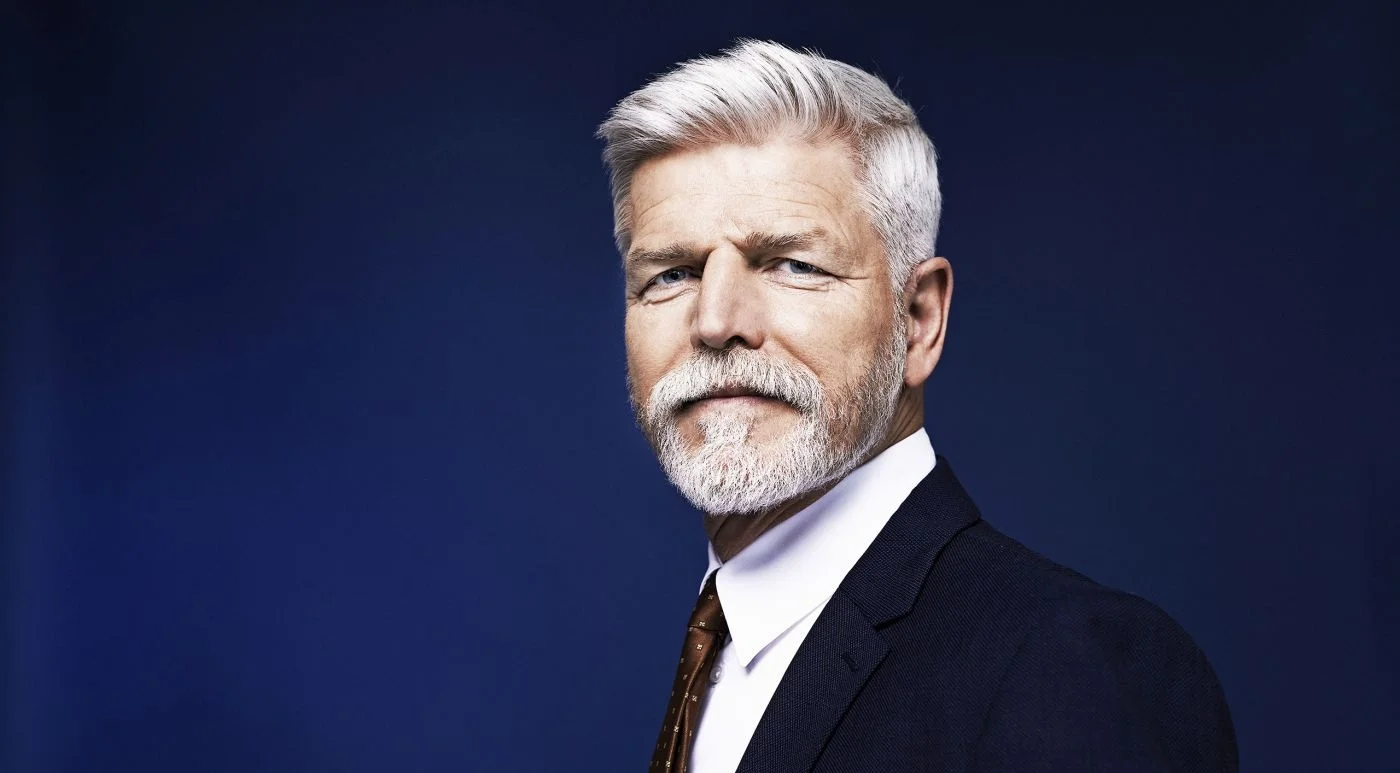
Stojíme za prezidentem: Citizens’ Initiative Calls for Support of Petr Pavel at the Old Town Square
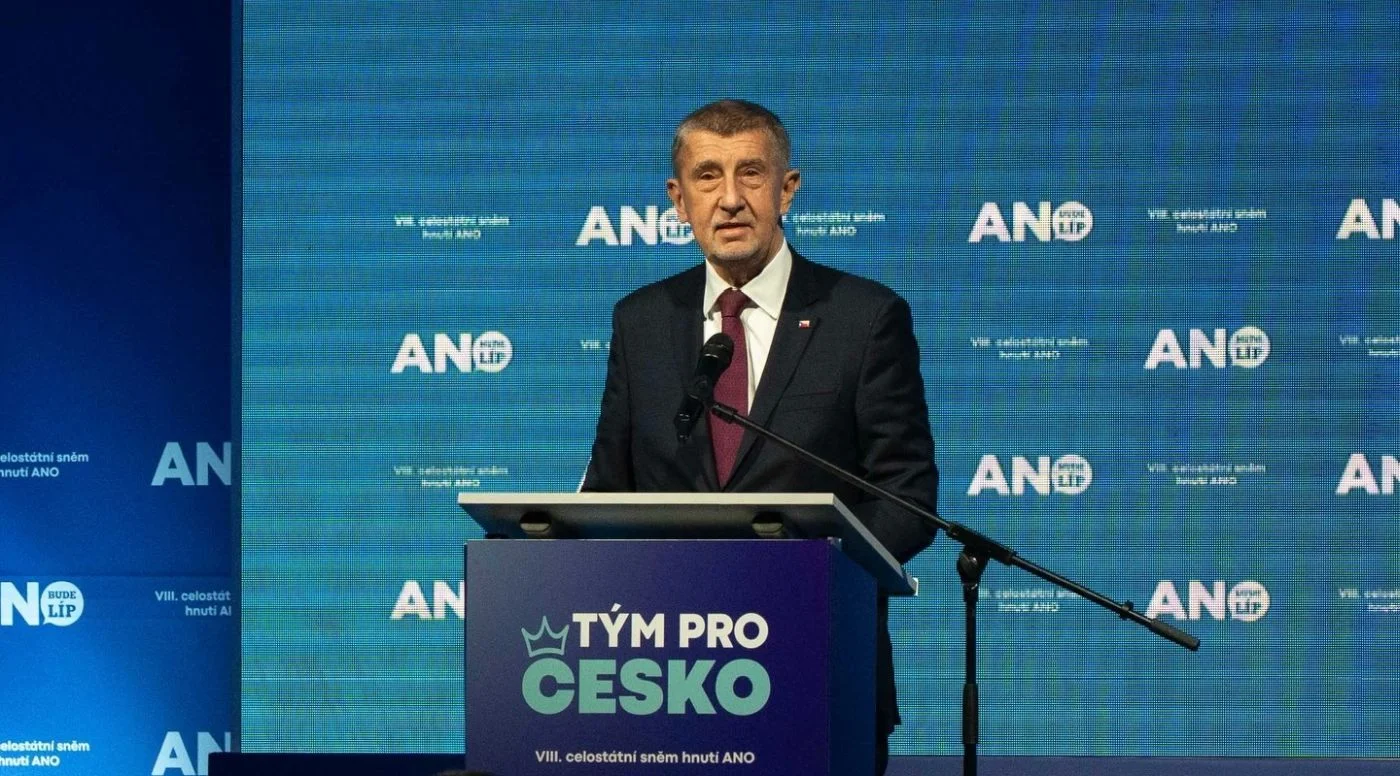
ANO Party Congress in Prague: Andrej Babiš Re-elected as Chairman with 94 Per Cent
